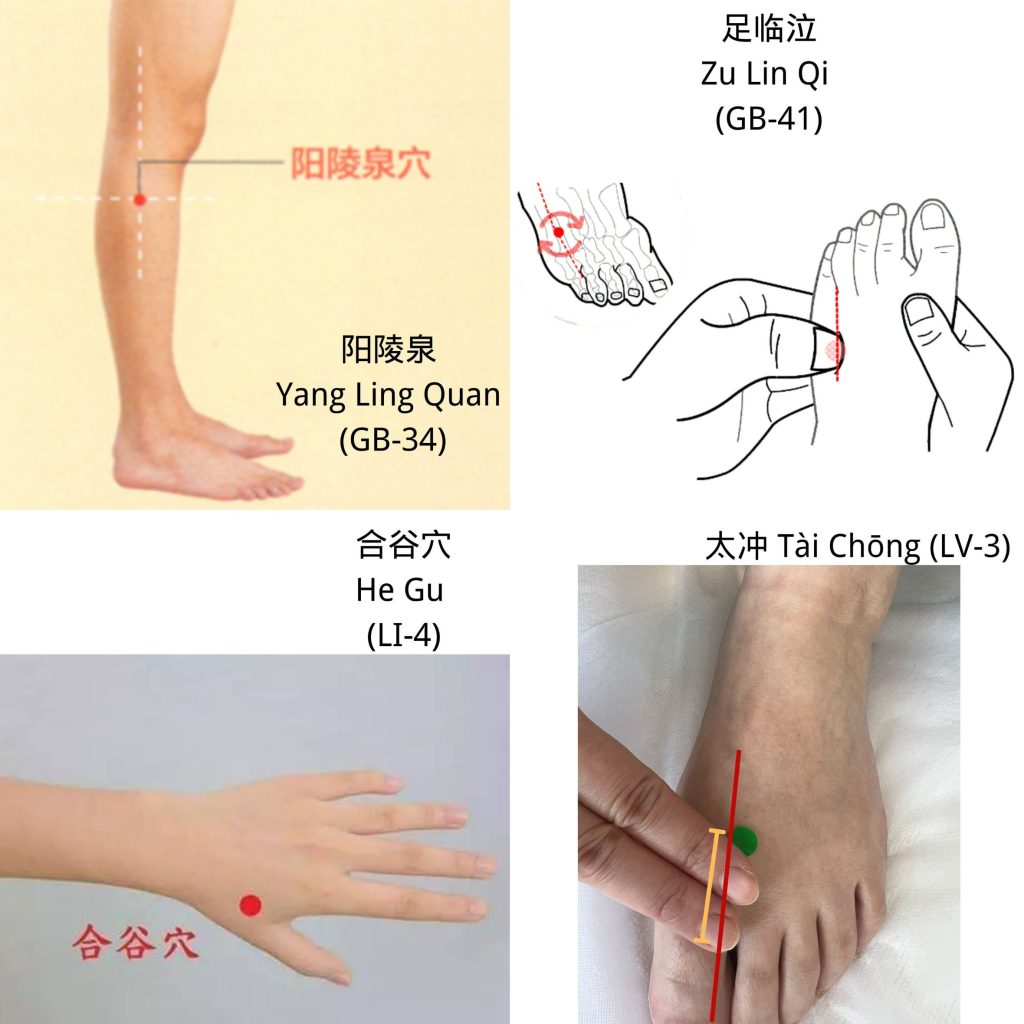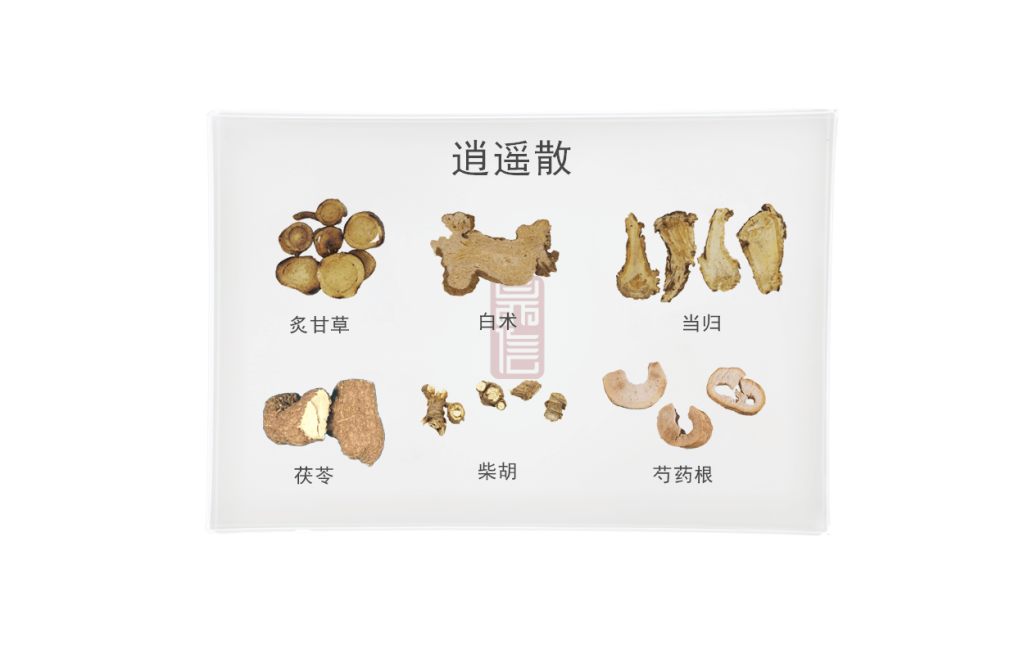Anger + Liver = ?
According to Traditional Chinese Medicine (TCM), the liver is responsible for the smooth flow of Qi (vital energy) throughout the body. When the liver is functioning properly, the Qi flows freely, and the body is healthy.
In TCM, the liver is believed to be most active during the spring season. This is because the liver is associated with the Wood element, which is also associated with growth and expansion – qualities that are characteristic of spring. The Wood element is also associated with the color green, which is the color of new growth and the color of the liver in TCM.
When the liver is functioning properly, a person is able to experience a sense of renewal and growth, just as plants do in the springtime. However, if the liver becomes stagnant, Qi can become blocked, leading to a variety of physical and emotional symptoms. One such symptom is anger, which is associated with the liver in TCM.
Anger is considered a normal emotion that is part of the body’s natural response to stress or conflict. However, when anger becomes excessive or chronic, it can lead to imbalances in the body and negatively impact one’s physical health.
To treat liver stagnation and anger in TCM, there are several approaches that can be taken.
-
Acupuncture
Acupuncture is a common approach, which involves the insertion of fine needles into specific points including:
- LV-3(Tai chong)
- GB-41(Zu Lin Qi)
- GB-34(Yang Lin Quan)
- LI-4 (He Gu)

This helps to improve circulation, alleviate pain and discomfort, reduce stress and irritability, and promote overall well-being.
-
Herbal medicine
Herbal medicine is another approach where specific combinations of herbs are ingested to support liver health and promote the flow of Qi. There are several TCM formulas used for this, including:

- Xiao Yao San
- Long Dan Xie Gan Tang
These are commonly used to support liver health and to alleviate symptoms of liver stagnation, including anger. It is important to consult with a qualified TCM practitioner before taking any herbs, as they may interact with certain medications or have side effects.
-
Lifestyle changes including stress-reducing techniques
- Meditation
- Regular exercise
- Adequate sleep
These are important baseline conditions and habits that support regular health and healing.
In addition to these approaches, it is also important to address the underlying psychological causes of anger and frustration. This may involve working with a therapist to identify and address emotional issues.
